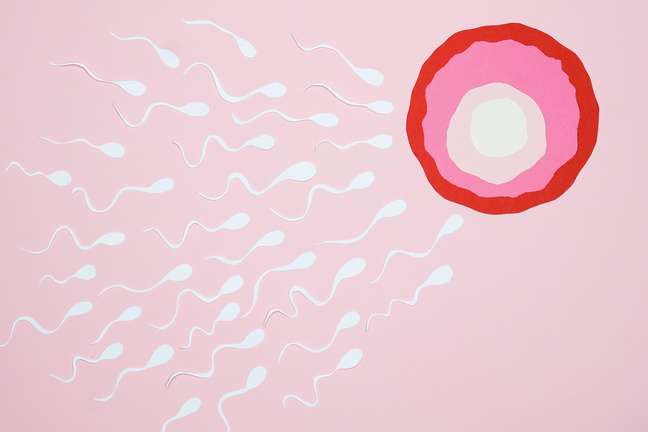Understand why psychological counseling is so important for those who are having difficulty getting pregnant.
Going through an infertility situation is, in general, a painful process for anyone who wants to have a baby. The failed attempts, the month counted on the calendar not to lose ovulation, the pharmacy tests that insist on not showing the long-awaited positive … to the subject.

The sources of anxiety are many and, therefore, taking care of the emotional side is as important as gynecological follow-up in lifenot only for support, but also thinking about the functioning of the organism as a whole.
“Mind and body are always associated. We don’t just heal a sick organ, we heal the individual” , underlines Carlos Moraes, gynecologist and obstetrician member of FEBRASGO, specialist in perinatology and infertility and ultrasound. “Each person has his own characteristics, his particularities, and this personal history interferes in the diagnosis and perception that the patient has of that situation and of the treatment,” he adds.
the stress hormone
Have you heard of the cortisol? Popularly known as the “stress hormone”, it is important for our body, as it helps the body respond to possible dangerous situations. But, like everything in life, it must be on a balanced level, which does not happen if we live under emotional pressure on a daily basis.
“When we are subjected to strong emotions, especially stressful ones, we release cortisol in the body and it can have a number of negative influences on our physical and emotional health.precisely because this is a self-sustaining chain “, explains Thaiana Brotto, a psychologist specializing in Behavioral Therapy at the University of Sao Paulo.

everything is connected
Just pull the memory and try to remember if your menstrual cycle was influenced, for example, by anxiety before a big trip or an important event this made you sleepy. Well, it happens. To understand how one thing affects the other, it is worth thinking about a chain system: the hypothalamus stimulates the pituitary gland, and this, in turn, is responsible for stimulating the ovary.
A little in detail: the hypothalamus is a region of the brain, the center of the nervous system, which coordinates endocrine, that is, hormonal functions. It is he who gives the initial stimulus with the production of GnRH (the gonadotropin releasing hormone), which causes the pituitary gland – the main gland of the human body – to release gonadotropins, FSH and LH. These hormones, in turn, induce ovulation.
And herein lies the problem. Since the hypothalamus receives the neuronal circuits from the limbic system, the one responsible for our emotions, it can be negatively affected, inhibiting this stimulation of the ovary. Everything is really connected.
Of course, this is not a closed calculation and that infertility cannot be attributed to stress and anxiety, but it is a fact that they need to be controlled. “To reduce this problem to physiology alone is to want to simplify something that cannot be simplified. There are several factors that can be involved and there is no cake recipe that works for everyone,” warns Carlos Moraes.
Also highlights the gynecologist and obstetrician the importance of seeking psychotherapy from the beginning of the infertility investigationdiagnosis “defined by women under 35, who do not use any contraceptive method and cannot get pregnant within a year”, explains the specialist. “It is not that psychological follow-up will uncover the cause of infertility. It may possibly help in the process, but it will certainly help the couple during the stages of treatment, which are very exhausting.”adds Carlos.

individualized treatment
Precisely for this reason Thaiana Brotto reports that, in her clinical experience in treating couples who have difficulty getting pregnant, case by case is so relevant. “Every couple has a dynamic, a functioning, and this must be taken into account. It is very painful when the man and the woman are faced with the fact of infertility, because it is something that brings feelings of helplessness, inability and series of questions, like ‘what’s wrong with me?’ “says the psychologist.
It is in order not to worsen the already delicate situation that psychological follow-up is important. The intention is not just to control anxiety and stress, but to welcome the frustration and, from there, be able to think about the next steps. “We have different possibilities, there are alternatives. It is important to embrace the pain and frustration, but it does not mean that the dream of having children is unattainable”remembers Thaiana.
Source: Terra
Benjamin Smith is a fashion journalist and author at Gossipify, known for his coverage of the latest fashion trends and industry insights. He writes about clothing, shoes, accessories, and runway shows, providing in-depth analysis and unique perspectives. He’s respected for his ability to spot emerging designers and trends, and for providing practical fashion advice to readers.







